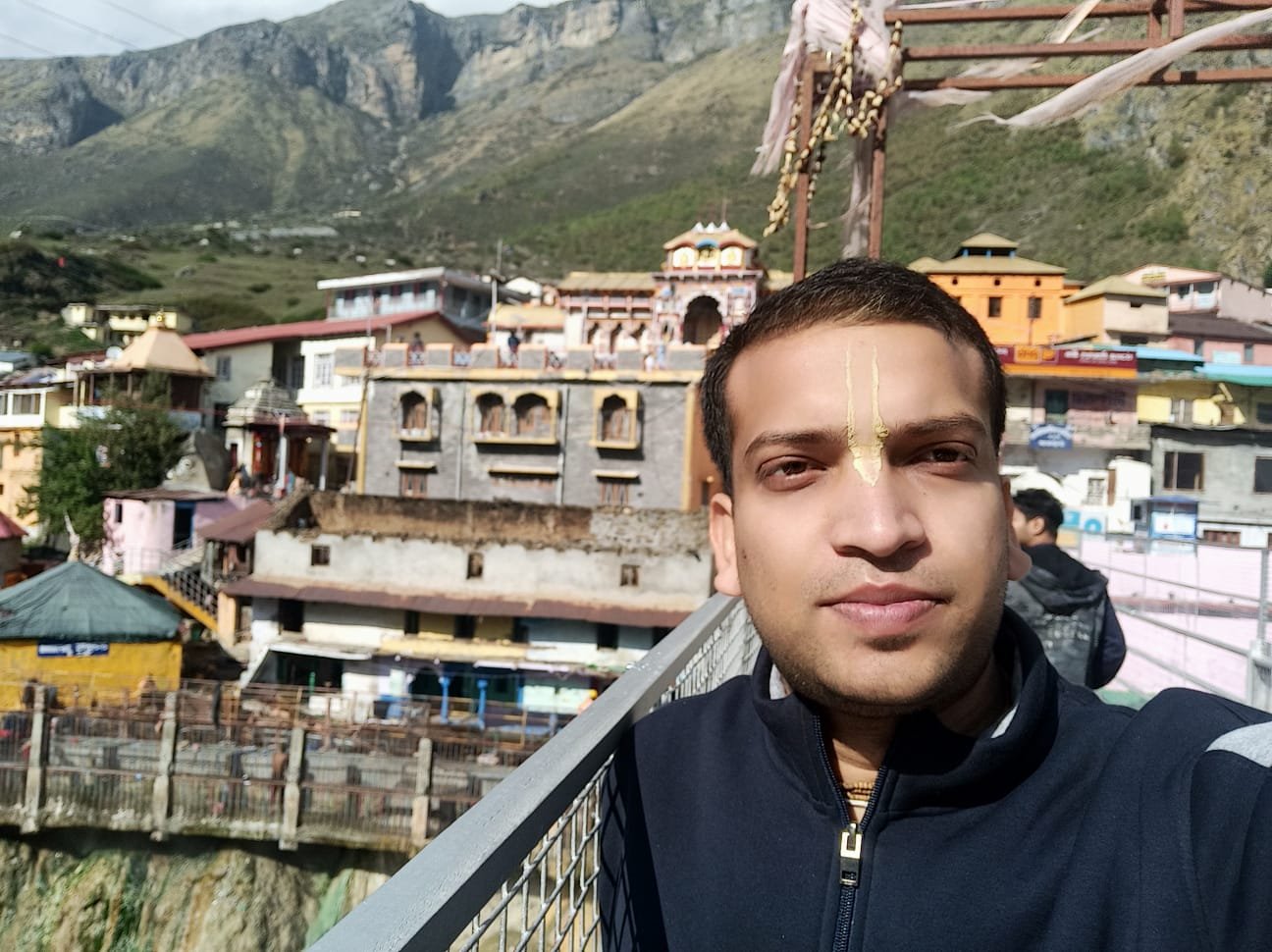In today’s society, there seems to be a constant narrative of division and competition: man vs. woman, Indians vs. Americans, this group vs. that group. There is an incessant fight to establish who is superior and who is inferior. Even if one wins in this race momentarily, it doesn’t ensure victory the next time.

Superiority brings temporary pride, while failure leads to feelings of inferiority and depression. This endless game traps us in a cycle of duality: joy and sorrow, success and failure, superiority and inferiority.
Only a few fortunate and intelligent individuals, endowed with spiritual wisdom, recognize this loop and strive to transcend it. They develop humility by understanding a profound truth: all beings in creation are part and parcel of the Supreme Lord.
Consequently, the entire world is our family, and all beings are our family members. The Vedic literature beautifully encapsulates this spirit in the verse:
“Ayam nijah paro veti ganana laghu-chetasam, Udaracharitanam tu vasudhaiva kutumbakam.”
Translation: “The narrow-minded think in terms of ‘This is mine, and that is theirs.’ The broad-minded, however, see the whole world as one family.”
With this realization, one naturally adopts the role of a servant to all, embodying love and service toward everyone. When we love and serve the Supreme Being and extend compassion to all His creations, we attain a state of true joy, born of devotion and divine love.
This world will always have differences—differences in background, abilities, and opinions. However, despite these differences, we can strive to show equality of opportunity, love, compassion, and respect. When we value and appreciate every small contribution made by others, not only will we inspire and bring happiness to them, but we will also experience inner joy.
A touching example of this can be found in an incident involving Vedic scholar Urmila Devi Dasi (Edith Best).
- While traveling at an airport, she approached a lady who was cleaning the area and said, “Thank you very much for making the world more beautiful.” The cleaner’s face lit up with a big smile. Thousands of people must have passed by her daily without recognizing or appreciating her contribution, yet this small act of gratitude brought immense joy to her.
This incident teaches us that when we sincerely value and appreciate others’ contributions, we create an atmosphere of mutual inspiration, happiness, and respect.
Lord Krishna emphasizes this principle in the Bhagavad Gita:
“Vidya-vinaya-sampanne brahmane gavi hastini, Shuni chaiva svapake cha panditah sama-darshinah.”
Translation: “The humble sages, by virtue of true knowledge, see with equal vision a learned and gentle brahmana, a cow, an elephant, a dog, and a dog-eater.”
True wisdom allows us to see beyond external differences, recognizing the divine spark in every being. By embodying this vision, we rise above the dualities of life and experience the eternal bliss of being connected to the Supreme Lord.

![The Art of Detached Action [A Deeper Look at Karma-Yoga] by Adbhuta Narsimha Das](https://journeyinside.net/wp-content/uploads/2025/06/The-Art-of-Detached-Action-A-Deeper-Look-at-Karma-Yoga.png)



